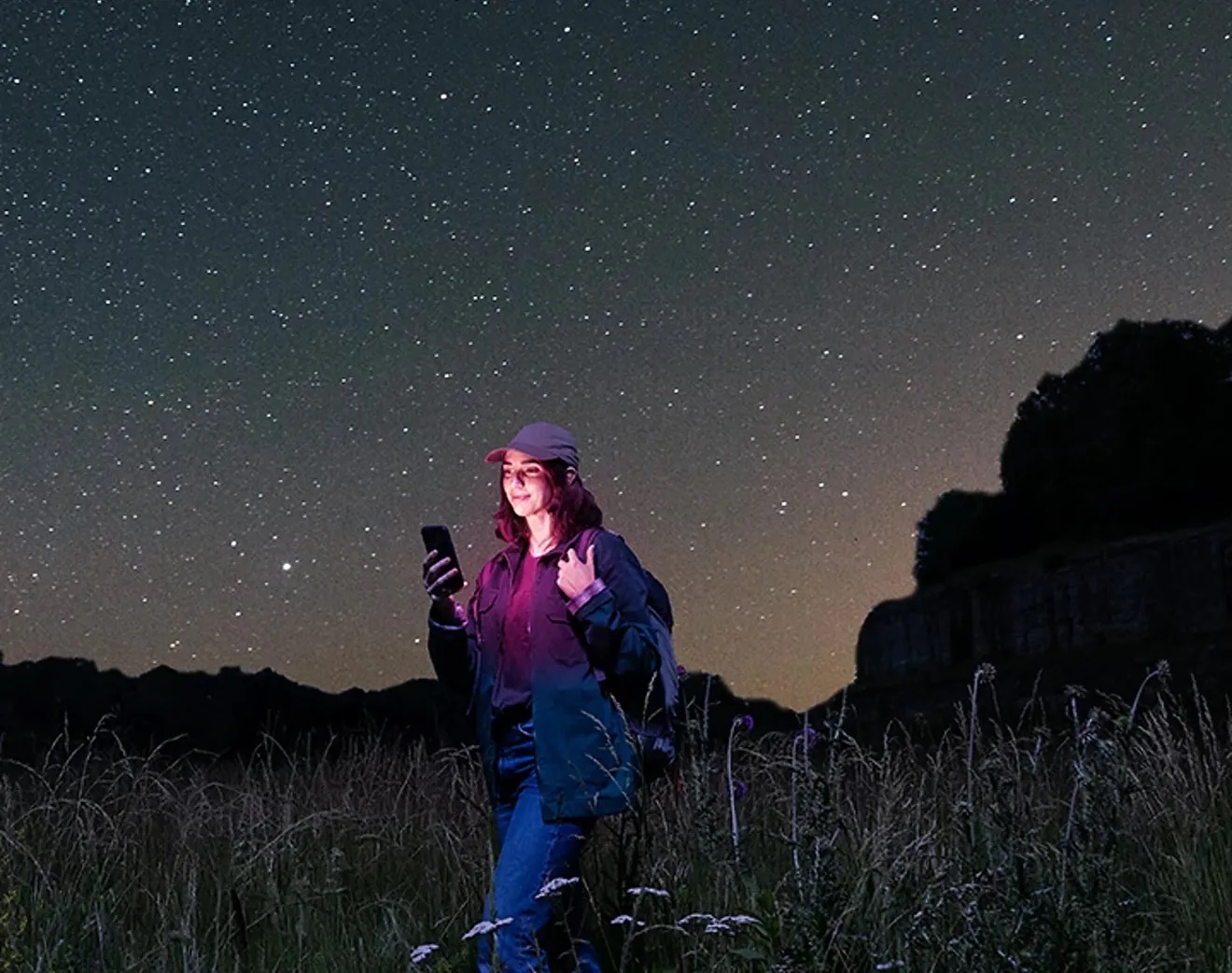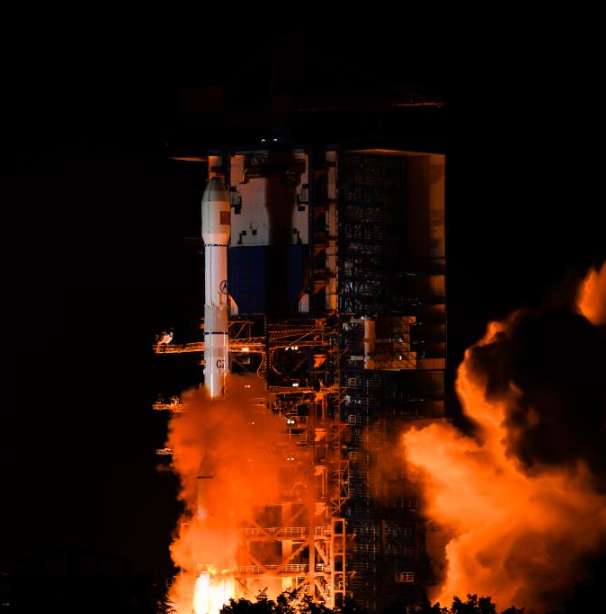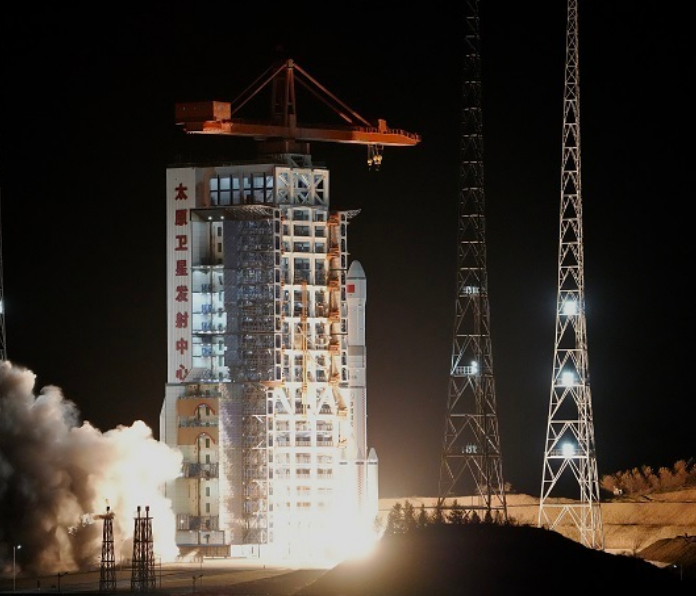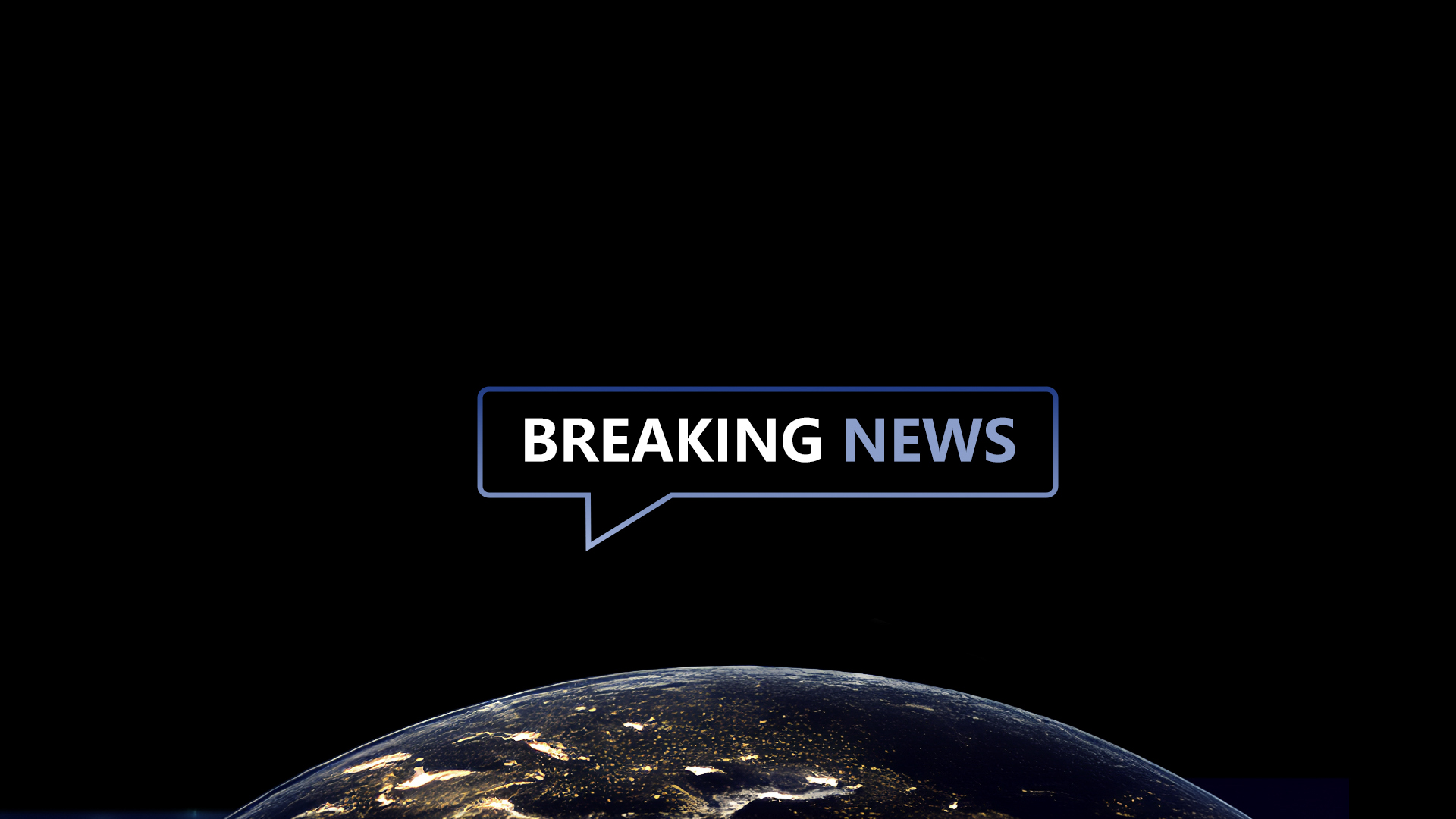17
2024-12
T-Mobile opens beta for Starlink smartphone connectivity

T-Mobile said Starlink will enable smartphone connectivity in areas of the U.S. that will probably never have ground-based cellular coverage. Credit: T-Mobile
TAMPA, Fla. — T-Mobile has opened beta registration for Starlink’s direct-to-smartphone satellite service, enabling text messaging early next year on select newer devices in most U.S. cellular dead zones with a clear sky view.
The free beta program is available to all T-Mobile customers with compatible devices and postpaid voice plans, the telco announced Dec. 16, although first responders will receive priority access due to limited initial capacity.
The company declined to detail capacity and device restrictions but said the beta program would gradually expand to more devices via software updates.
“Spots are limited but the service will be available in most areas and most of the time,” a T-Mobile spokesperson said.
SpaceX has launched over 300 Starlink satellites with direct-to-smartphone payloads and recently got permission to provide the service in the United States from up to 7,500 satellites.
The satellites would use T-Mobile’s radio waves to connect devices across the 1.29 million square kilometers of land in the country not covered by cell towers.
Unlike Apple’s space-enabled messaging for iPhones, introduced in 2022 via Globalstar’s constellation, T-Mobile said Starlink-powered connectivity will not require users to point their phones skyward in search of a signal.
T-Mobile also has reciprocal Starlink roaming agreements with telcos KDDI (Japan), Optus (Australia), One NZ (New Zealand), Salt (Switzerland), Entel (Chile and Peru), and Rogers (Canada), but declined to say when the service could be extended outside the United States.
The T-Mobile spokesperson said the duration of the beta test before a commercial launch will depend on user feedback.
The Federal Communications Commission’s approval for what the regulator calls Supplemental Coverage from Space (SCS) is contingent on the service not interfering with other networks.
The FCC has also deferred deciding whether to allow SpaceX to increase the radio emission power of its direct-to-smartphone satellites, which the company says is needed to support real-time voice and other higher bandwidth capabilities.
Meanwhile, U.S. telcos AT&T and Verizon are seeking FCC permission to test rival direct-to-smartphone services in partnership with AST SpaceMobile, which deployed its first five commercial spacecraft in September on a SpaceX Falcon 9.
-
29
2025-05

Tianwen-2 Mission Launched Successfully
At 1:31 AM today, China successfully launched the Tianwen-2 planetary exploration probe from the Xichang Satellite Launch Center using the Long March-3B Y110 carrier rocket.
-
13
2025-05

Communication Technology Experiment Satellite No. 19 Successfully Launched
At 2:09 on May 13, China successfully launched the Communication Technology Experiment Satellite No. 19 from the Xichang Satellite Launch Center using a Long March 3B carrier rocket. The satellite smoothly entered its predetermined orbit, and the launch mission was a complete success.
-
12
2025-05

Remote Sensing Satellite No. 40, Group 02, Successfully Launched
On May 11 at 21:27, China successfully launched the Remote Sensing Satellite No. 40, Group 02, from the Taiyuan Satellite Launch Center using a Long March 6A carrier rocket. The satellite entered its predetermined orbit smoothly, and the launch mission was a complete success.









